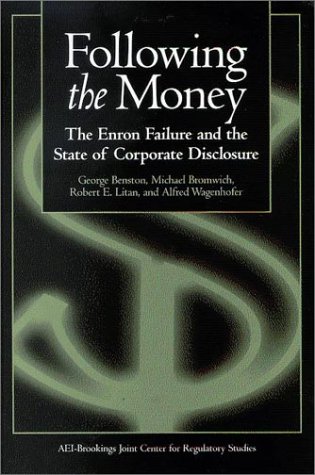

Most ebook files are in PDF format, so you can easily read them using various software such as Foxit Reader or directly on the Google Chrome browser.
Some ebook files are released by publishers in other formats such as .awz, .mobi, .epub, .fb2, etc. You may need to install specific software to read these formats on mobile/PC, such as Calibre.
Please read the tutorial at this link: https://ebookbell.com/faq
We offer FREE conversion to the popular formats you request; however, this may take some time. Therefore, right after payment, please email us, and we will try to provide the service as quickly as possible.
For some exceptional file formats or broken links (if any), please refrain from opening any disputes. Instead, email us first, and we will try to assist within a maximum of 6 hours.
EbookBell Team

4.0
96 reviewsIn response, Congress quickly enacted a comprehensive package of reform measures in what has come to be known as the Sarbanes-Oxley Act. The New York Stock Exchange and the NASDAQ followed by making fundamental changes to their listing requirements. The private sector acted as well. Accounting firms—watching in horror as one of their largest, Arthur Andersen, collapsed after a criminal conviction for document shredding—tightened their auditing procedures. Stock analysts and ratings agencies, hit hard by a series of disclosures about their failings, changed their practices as well.
Will these reforms be enough? Are some counterproductive? Are other shortcomings in the disclosure system still in need of correction?
These are among the questions that George Benston, Michael Bromwich, Robert E. Litan, and Alfred Wagenhofer address in Following the Money. While the authors agree that the U.S. system of corporate disclosure and governance is in need of change, they are concerned that policymakers may be overreacting in some areas and taking actions in others that may prove to be ineffective or even counterproductive.
Using the Enron case as a point of departure, the authors argue that the major problem lies not in the accounting and auditing standards themselves, but in the system of enforcing those standards. Rather than attempting to craft a single set of accounting and reporting standards for all companies throughout the world, the authors advise policymakers to allow competition between the two major sets of standards: Generally Accepted Accounting Principles and International Financial Reporting Standards.
The authors also believe that the corporate disclosure system needs to be updated to reflect changes in the underlying economy. In particular, they recommend new forms of disclosure for a variety of nonfinancial indicators to better enable investors and analysts to ascertain the source and nature of intangible assets. They also urge policymakers to exploit the advantages of the Internet by encouraging more frequent financial disclosures in a form that will make them more widely accessible and more easily used.